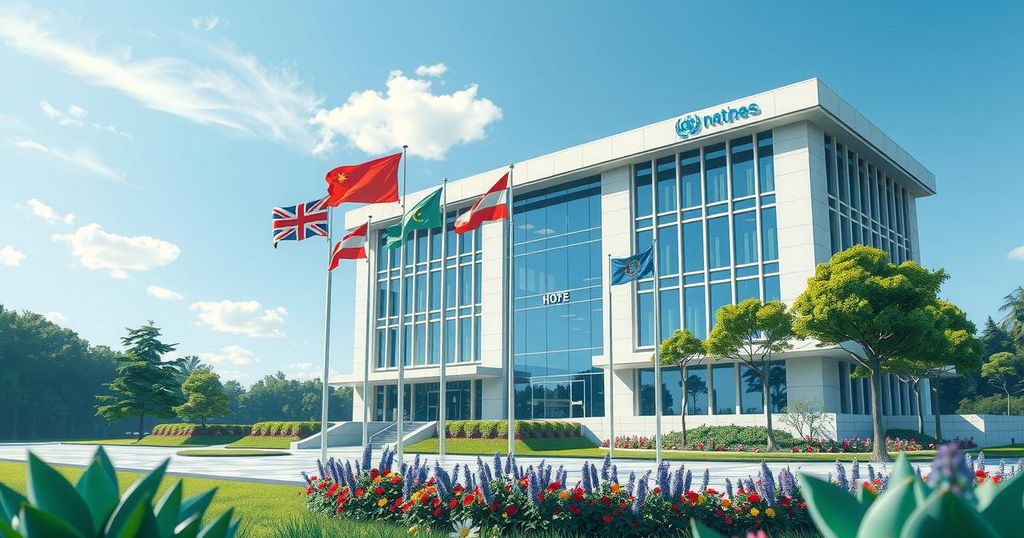The Silent Genocide: Urgent Action Needed in Sudan’s Crisis

Sudan faces a silent genocide marked by mass killings and the displacement of over 10 million individuals amid a brutal civil war. The U.S. and Israel must take decisive action as global powers have largely ignored the crisis, which threatens regional stability and security. Collaboration and leadership are necessary to address the humanitarian disaster and restore order in Sudan.
A silent genocide is taking place in Sudan as mass killings, ethnic cleansing, and a humanitarian disaster have persisted for nearly a year, yet major global powers, including the United States and Israel, remain largely inactive. Since April 2023, a civil war has erupted between the Sudanese Armed Forces (SAF) and the notoriously brutal Rapid Support Forces (RSF). The conflict has resulted in severe destruction of cities and communities, particularly affecting the Darfur region.
In January 2025, the United States formally recognized the RSF’s acts of genocide against the non-Arab Masalit community in West Darfur, with numerous reports documenting widespread atrocities such as mass executions, sexual violence, and targeting civilians. Reports indicate that tens of thousands have lost their lives and over 10 million individuals have been displaced, generating a significant refugee crisis that neighboring countries are struggling to manage.
Despite the severity of these events, international response has been alarmingly subdued. The United States, typically a leader in humanitarian crises, has been distracted by other geopolitical matters, resulting in mainly symbolic condemnations but minimal effective action. While prioritizing national security interests is understandable, failure to address the crisis in Sudan could have devastating long-term consequences.
The destabilization of Sudan threatens to propagate jihadist networks, arms trafficking, and unchecked migration which could destabilize the Horn of Africa and disrupt critical trade routes. These developments have broader implications for global security and highlight the urgent need for the United States to assert leadership over the situation.
For Israel, the crisis has critical strategic implications. Sudan’s instability threatens to create a security vacuum, especially after the signing of the Abraham Accords in 2020, which offered a path for cooperation in the fight against extremism. The deterioration of Sudan undermines previous diplomatic progress and increases the risk of radicalization throughout the region.
Moreover, external influences, notably from Gulf nations such as the UAE, have intensified the conflict, with Sudan accusing the UAE of financing the RSF. Such involvement raises serious concerns about regional stability and the potential repercussions for Israeli security.
The United States must spearhead an international response to this crisis, advocating for a diplomatic push, supporting multilateral peace efforts, and holding external actors accountable for their actions in Sudan. Establishing a coalition among the United States, Israel, the United Nations, and regional players is crucial to address ongoing genocide and work toward restoring stability.
Active intervention is necessary, including sanctions, international peacekeeping forces, humanitarian support, and diplomatic efforts to find a political resolution. Without a coordinated international strategy, the crisis in Sudan is destined to worsen, with grave consequences for both its inhabitants and the larger regional context.
The situation in Sudan constitutes a pressing humanitarian crisis and requires urgent global action. The ongoing genocide committed by the RSF against civilians highlights the detrimental impact of international inaction. Both the United States and Israel have critical interests in addressing this crisis, as Sudan’s instability threatens regional security and could foster extremism. An international coalition aimed at restoring stability in Sudan is paramount to prevent further escalation and safeguard affected populations.
Original Source: www.ynetnews.com








